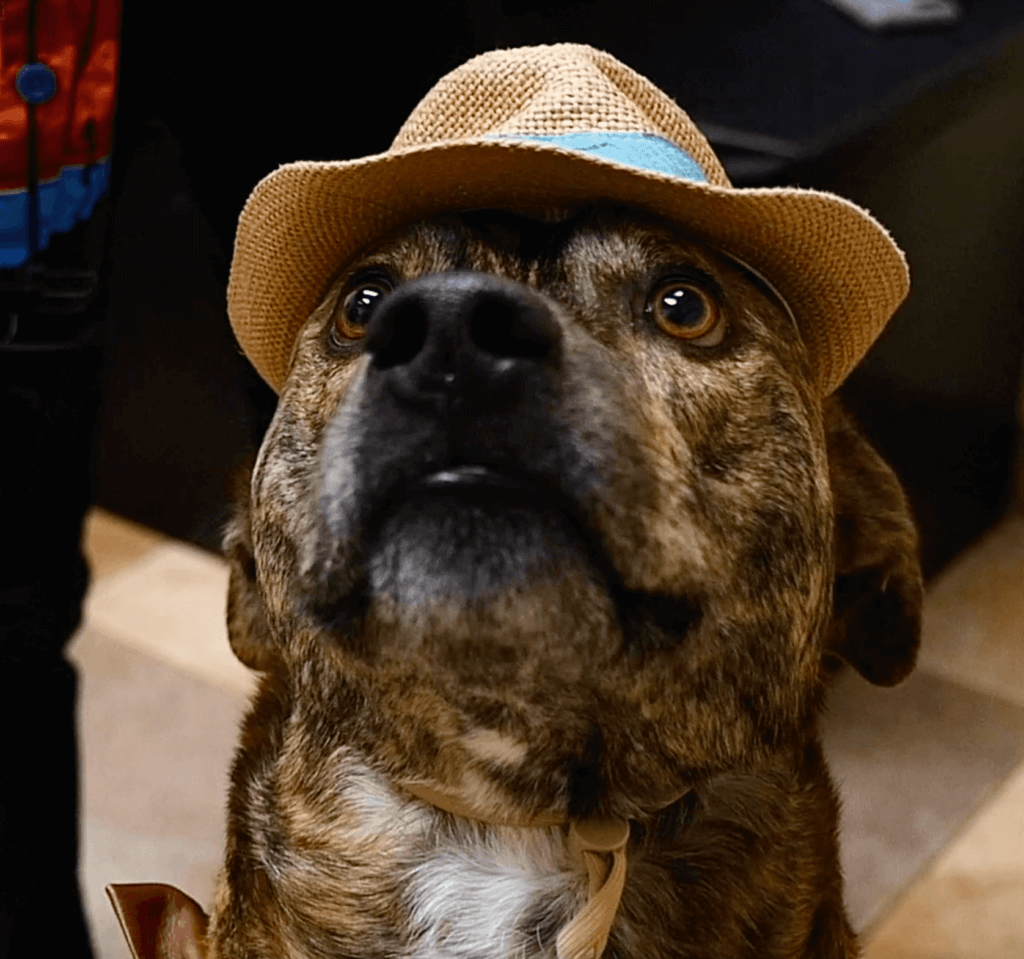Sat: Closed
Sun: Closed
Sat: Closed
Sun: Closed
Vaccines

Vaccines are an important part of preventative medicine. Immunizations are one of the primary tools we use to protect our pets from serious and life-threatening diseases. Vaccination is a means of producing immunity against pathogens, such as viruses and bacteria, by the introduction of live, killed, or modified antigens that stimulate the body to produce antibodies against more dangerous forms.
We at Plymouth Heights Pet Hospital believe in a conservative approach to vaccinations. We will assess your pet’s health status annually and, with you, decide what is best for your animal. The decision to vaccinate will be based on your pet’s age, health, risk of exposure, and your desires.
At one time, we felt the more vaccines one received, the better-protected one was. We now believe vaccines last longer. We also know vaccines work by challenging the body’s immune system, and that can be hard on older animals or those dealing with other health issues.
There is controversy regarding just how long vaccines work. It is generally believed by immunologists that all pets need their puppy or kitten series and then boosters one year later. But there are many opinions as to how often they need vaccines after that ranging from annually to never.
The University of Minnesota Veterinary Medical Center and the American Animal Hospital Association recommend core vaccines being given every three years to protect animals adequately without over-vaccinating.
Bacterins, such as Lymes and Bordetella, are modified bacteria as opposed to vaccines, which are modified viruses. The immunity produced by bacterins does not last as long as vaccines, which is why they need to be given annually.
New Information About
Feline Vaccine Protocols
As most of you already know, Plymouth Heights Pet Hospital has always approached vaccines from a conservative perspective. As important as vaccines are to the well being of our animals, we also know that over-vaccinating can potentially compromise our pet’s health. In light of recent information regarding feline vaccinations and their possible role in the causing of cancer in cats, the doctors of Plymouth Heights Pet Hospital have changed their recommendations for vaccinations of cats to what we feel is a safer immunization protocol.
Fibrosarcomas have been recognized as difficult, deeply rooted tumors of the cat for a very long time. Fibrosarcoma is a tumor that does not usually spread throughout the body in the way we usually think of cancer. Instead, it digs in deeply and widely in a localized area. After surgical removal, it is notorious for recurring even more aggressively than before. These tumors can result in spontaneously in either dogs or cats, as can any cancer. They can also be virally induced in cats via the feline sarcoma virus. The potential for vaccination to lead to the formation of these tumors is a relatively new concern. There are still many unanswered questions about how this may happen, the role of vaccination, which vaccinations have been implicated, and how serious the risks are.
The true incidence of vaccine-associated feline sarcomas (VAFSs) in cats is unknown. The estimates of sarcoma development at vaccination sites at rates ranging from 1 case per 1,000 cats to 1 case per 10,000 cats. The vaccines implicated most often in the formation of VAFSs are the killed rabies and feline leukemia vaccines. Killed agent vaccines frequently contain a chemical adjuvant used to enhance the immune response to the vaccine. Adjuvanted FeLV and rabies virus vaccines have been associated with local inflammatory reactions at injection sites, with the degree of inflammation varying among products. The critical aspects of tumor development appear to be a chronic, low-grade inflammatory process (as might be caused by an adjuvanted vaccine) and a genetic predisposition to form tumors in response to such inflammation. It can take as short as two months and as long as ten years to develop a vaccine site tumor.
One may well question the use of vaccines at all given these facts. The incidence of these tumors is exceedingly rare relative to the incidence of the diseases we vaccinate against. Vaccination remains one of the most important aspects of preventive care for cats. Newer vaccines have been developed that do not contain these inflammatory adjuvants. These are called recombinant vaccines and are created using DNA technology that utilizes bacteria or yeast to produce large quantities of a single, genetically engineered viral or bacterial protein. This protein is then purified and injected into the patient. The patient’s immune system then makes antibodies to the disease agent’s protein, protecting the patient from natural disease. Traditional vaccines are made by killing or weakening the actual disease organism (virus or bacteria) and injecting it into the patient to stimulate the patient’s immune system to produce antibodies against the disease. The advantage of the recombinant vaccine technology is that there is virtually no chance of the host becoming ill from the agent since it is just a single protein, not the organism itself. And there is no need for adjuvants to boost the immune response to the vaccine.
We have been using other recombinant vaccines at our clinic for some time, including our canine distemper/parvo combination, our lyme bacterin as well as our feline PRC combination. We have been reluctant to switch to the recombinant rabies vaccine for two reasons. This vaccine must be administered annually as opposed to the killed rabies vaccine that we have given every three years. There are studies being conducted trying to prove the recombinant vaccine lasts longer than one year, but, to date, the recommendation is still annual. The second reason is the recombinant vaccine costs more. Our killed rabies vaccine costs $23.00. The recombinant rabies vaccine costs $29.50. The recombinant Feline Leukemia vaccine, which is delivered transdermally instead of via syringe and needle, costs $30.00 as opposed to $24.00 charged for the killed FeLk vaccine.
Even though the incidence of VAFSs is very rare, the disease can be devastating for those few cats who develop a fibrosarcoma. The current recommendation of the American Association of Feline Practitioners, the American Animal Hospital Association, and now our doctors as well is to use recombinant vaccines in our cats because it is safer for them. This will not be a requirement, so you will have to make a choice about which vaccine you want for your cat based on this information. It will be a joint decision made between you and your doctor. There may be situations where owners still prefer to give the killed rabies vaccine as we always have because we may only want to give a particular cat a rabies vaccine every three years.
We want you to be able to make an informed decision, so we have provided you with this information. Here are some other links that will expand on the information provided here:
Address:
-
9200 49th Avenue N
New Hope MN 55428
Phone:
Hours:
-
Mon – Fri: 7:30 AM – 6 PM
Sat: Closed
Sun: Closed
Email:
SEND US A MESSAGE
"*" indicates required fields
